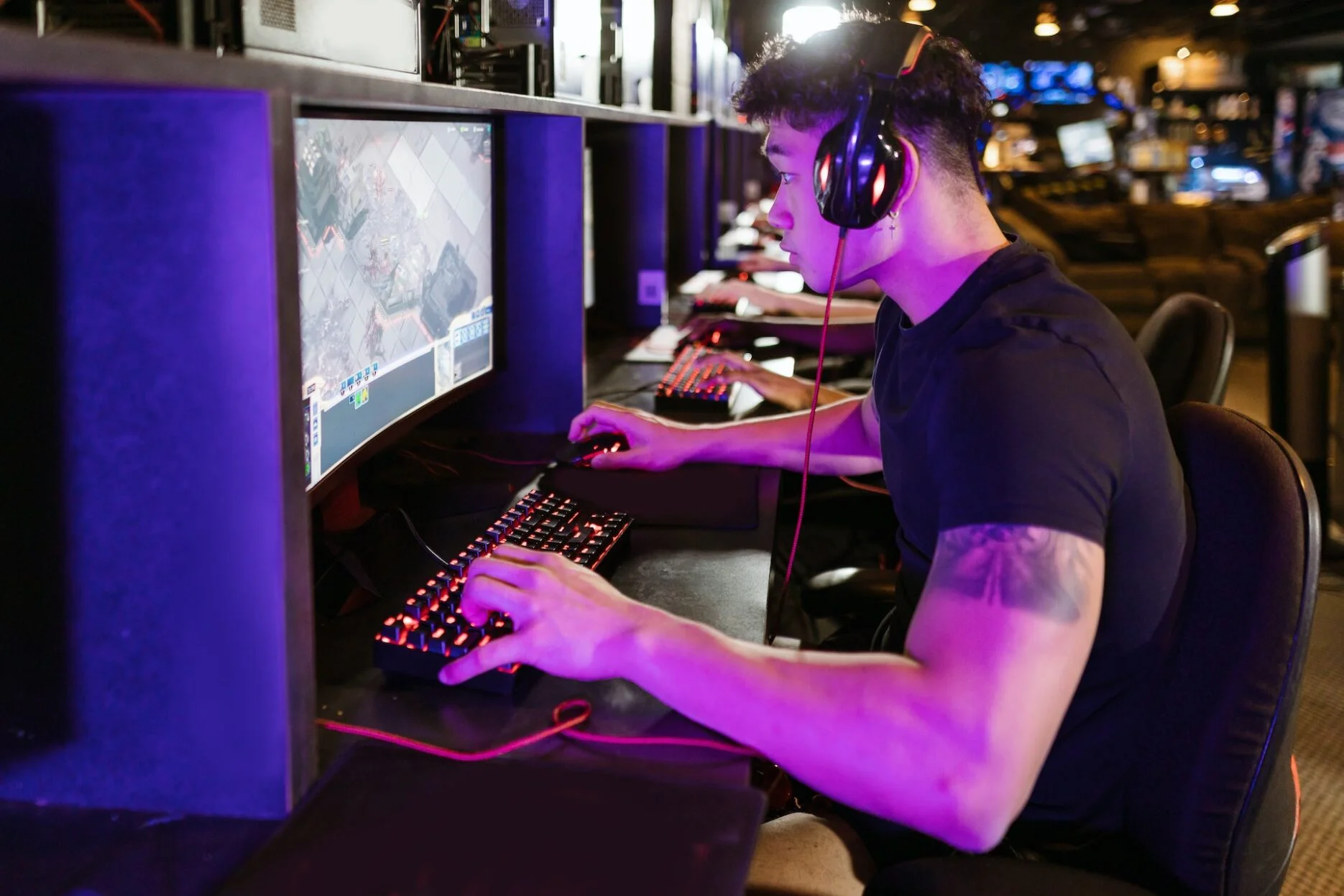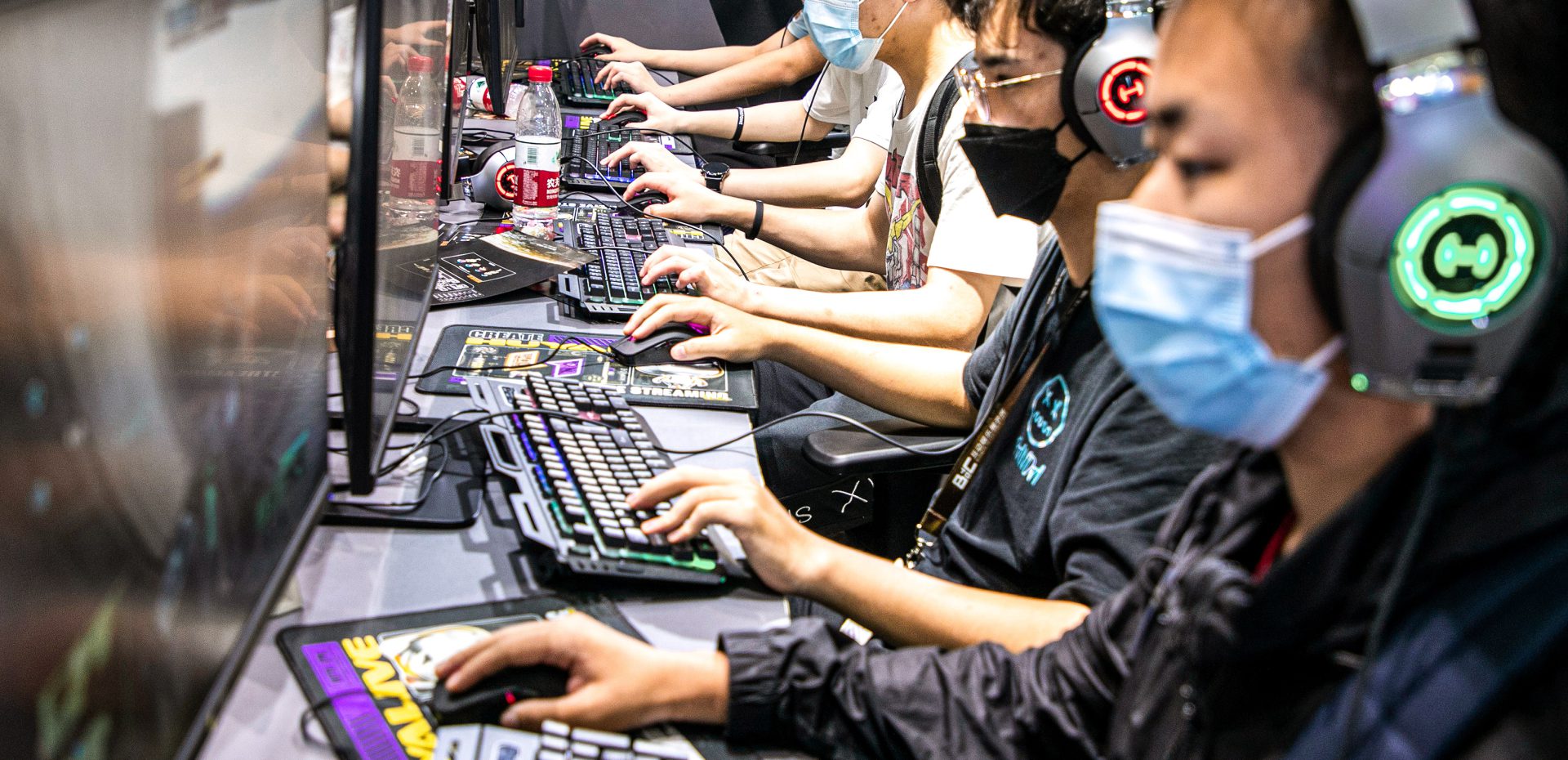The restriction of online games in China did not achieve the desired result.
One of the areas where China imposes severe restrictions is online gaming for people under 18 years old. According to this country, the restriction of online games is a way to prevent gambling addiction among young people. But are the laws effective? The answer to that question is no, according to a new study that shows there is no evidence that heavy game restrictions have a positive effect.
” Heavy Gaming ” refers to games that are played continuously and excessively by players. These games usually include multiplayer online games that require high speed and concentration and are usually played for long periods of time. Excessive use of these games may lead to addiction, reduced academic or job performance, psychological and social problems, and other physical and mental problems.
It was in 2021 that China tightened further restrictions on the hours that people under the age of 18 could play online games in the country. From November 2019, minors were allowed to access these games for one and a half hours on weekdays and three hours on holidays and weekends. Also, they were not allowed to play between 10 pm and 8 am. But this period was reduced to one hour, between 8 pm and 9 pm on Fridays, weekends and holidays.

The effect of the limitation of online games on the playing time of young people
You might expect that strict restrictions like this would significantly impact the amount of time Chinese youth spend playing online. However, PC Gamer magazine reports that a new study by several computer experts suggests otherwise. The study was published under the title “No Evidence that China’s Gaming Time Limits Reduce Heavy Gaming in one segment of the video game industry.”
The study notes that governments around the world are considering regulatory measures aimed at reducing the amount of time young people spend on digital devices, particularly video games, raising questions about how effective China’s measures have been.
In this research, a large amount of anonymous data was used, which includes one million individual game IDs, 7.04 billion hours of game time, and about 2.4 billion gamer profiles (there were several accounts for each user) from Chinese users between August 25, 1398 (August 16, 2019) to 26 December 1398 (January 16, 2020) was collected. These dates were chosen to avoid bias in the results—data provided by Unity Technologies, maker of the Unity engine used by 61% of game developers.
Since the data in this study is anonymized, it is not clear which users are under 18, so different methods were used to interpret it. the restriction
The results showed that, while most players played less than an hour a week before the regulations, their heavy game time (four hours a day, six days a week) increased slightly after the restrictions were imposed. It is also noted that VPN use and account sharing always mean that studies like this cannot cover all situations.
The results of the study show that broad restriction policies on young people’s digital behavior may not lead to a uniform and extensive reduction in their use. The researchers added that “although our analysis suggests that excessive play time in some gaming industry sectors may not have decreased after the adjustments. But they are unable to estimate how common this phenomenon is among young people in particular.”











